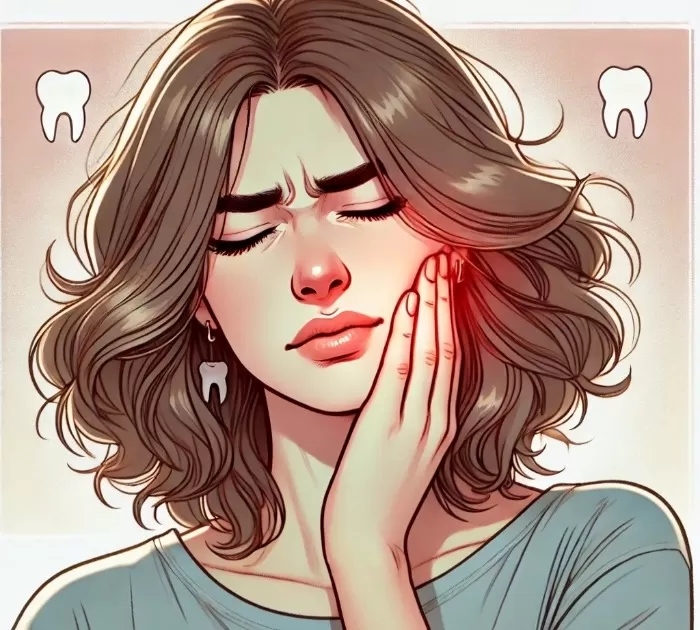Introduction
Burning Tongue, also known as Burning Mouth Syndrome (BMS), is a common symptom experienced by some women during menopause and perimenopause. It is characterized by a burning sensation on the tongue, lips, gums, or entire mouth. The exact cause of BMS is not always clear, but hormonal changes, particularly the decrease in oestrogen, are believed to be a key factor. Oestrogen influences the function of the salivary glands and the taste buds. As oestrogen levels drop, changes in saliva production and taste perception may lead to sensations of dryness, altered taste, and burning in the mouth.
Other contributing factors may include nutritional deficiencies (such as vitamin B12, iron, or folate), dry mouth (xerostomia), anxiety, and stress, which are also common during menopause.


